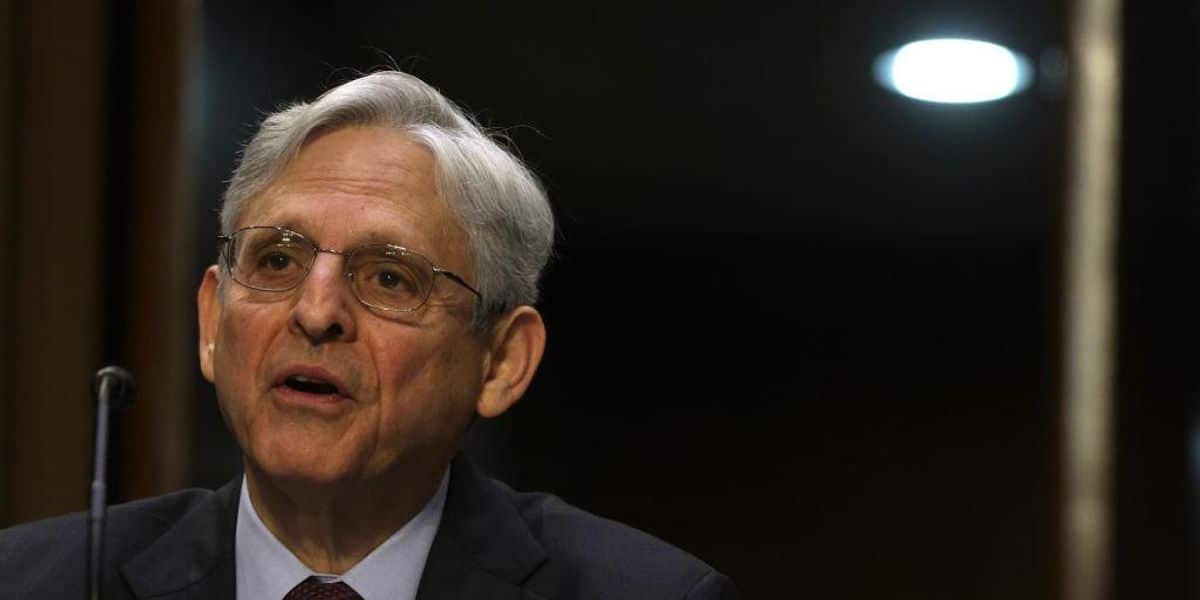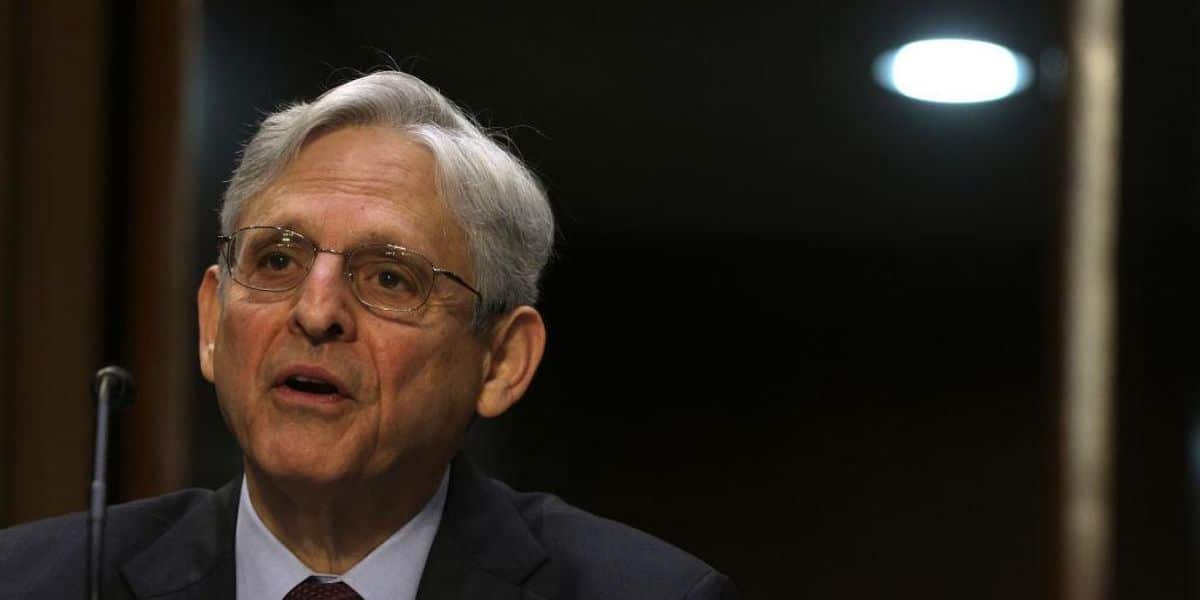In the 1946 movie, “Terror by Night,” Sherlock Holmes assures Lady Margaret that, while he and Dr. Watson would be hanging around, “we’ll be as unobtrusive as possible.” Lady Margaret correctly responds “That would be a novelty from a policeman.” That scene came to mind when Attorney General Merrick Garland testified in Congress to assure members that he does not believe that parents protesting at school board meetings are domestic terrorists. He insists that there was nothing to be worried about because the FBI would simply be monitoring what these parents say or do at school meetings. Promises of such “unobtrusive” investigations or operations ignore the obvious: any national enforcement or monitoring effort is by definition obtrusive, particularly when it comes to free speech.
Garland’s testimony came after the Justice Department announced that it would be creating a national effort to “address threats against school administrators, board members, teachers, and staff,” including “open dedicated lines of communication for threat reporting, assessment, and response.” It came shortly after the National School Boards Association asked for such action, including the possible use of the Patriot Act against individuals deemed threatening to board members. While the Justice Department memo itself does not mention domestic terrorists or the Patriot Act, the Justice Department’s press release pledged to include the National Security Division in the effort.
Garland repeatedly assured the members that he knows of no basis for alleging domestic terrorism in these school board meetings. He further pledged that he will not use such laws against parents objecting to critical race theory or other issues at these meetings. However, those answers only begged the question of why the Justice Department has pledged this broad effort to monitor and respond to threats at these meetings. If these are not matters of domestic terrorism, why is the Justice Department implementing this effort? The letter does not cite any pattern of criminal threats or their interstate or federal profile.
There is no question that any such threats need to be aggressively prosecuted. Moreover, some threats using interstate communications or interstate conduct can satisfy federal jurisdiction, but such local threats are rarely matters of federal enforcement. Indeed, I raised the same concerns when the Justice Department took over rioting cases in Wisconsin, Washington, and other states.
When asked about alleged sexual assaults in Loudon County, Virginia in school bathrooms involving a transgender student, Garland insisted that such violence sounds like a “local case” and the Justice Department would not be involved. Yet, the Justice Department just announced it would get involved with any such threats or violence in school board meetings. These meetings involve core political speech on issues that are deeply dividing the country. If the Justice Department is going to launch a national effort to address possible crimes in such meetings, it has a heightened duty to explain the basis for an effort based on federal criminal conduct.
State and local laws offer ample means to address criminal threats or violence. Only a handful of such cases have been cited, largely cases of unruly or disruptive conduct in the meetings. While General Garland pledges fealty to the First Amendment, there is a fair concern over the impact of his memo on such free speech activities. First Amendment cases are often more concerned with the “chilling effects” on free speech as opposed to direct government action. Recently, the Supreme Court struck down a California law requiring the reporting of charity donors. Chief Justice Roberts wrote for the Court that “When it comes to the freedom of association, the protections of the First Amendment are triggered not only by actual restrictions on an individual’s ability to join with others to further shared goals. The risk of a chilling effect on association is enough.”
Telling parents that the Justice Department is monitoring school board meetings creates an obvious chilling effort on speech. It is like a police car following you on the highway for miles just to see if you violate any law. It has an impact on how you act. Indeed, the purpose of the National School board letter seemed designed to have that effect. The Justice Department then amplified that effect by quickly announcing it would carry out the national effort and released a press statement referring to various departments being brought into the fight, including the National Security Division. While Garland may pledge to be as “unobtrusive as possible,” it would be quite a “novelty” to succeed.
Reprinted with permission from JonathanTurley.org.


